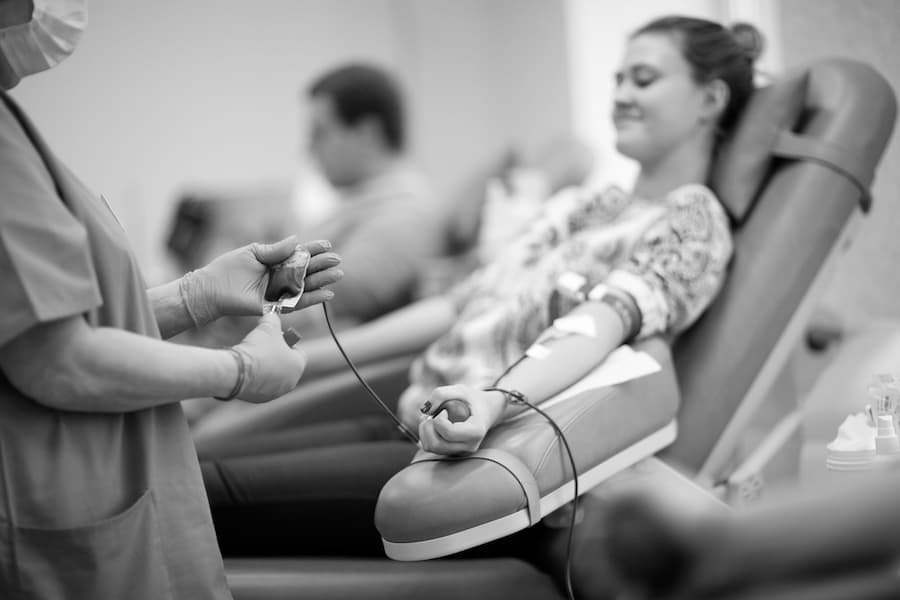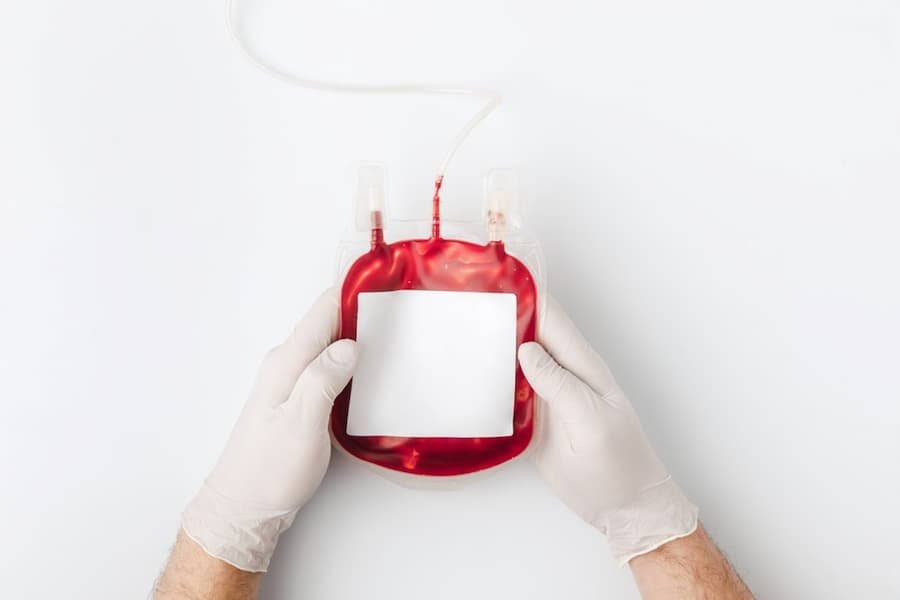Humans have known the importance of blood for millennia, but the first blood transfusion — the transfer of one person’s blood into another person — didn’t occur until the 17th century. Since then, scientists and physicians have worked tirelessly to understand how the blood works and how to save lives using transfusions, and today, our healthcare system relies heavily on blood transfusions to keep a variety of patients healthy and safe.
Unfortunately, blood transfusions require blood donations — and donations have been decreasing in number in the U.S. in recent years. As a result, U.S. healthcare providers have been forced to consider rationing their blood supplies, reserving transfusions for only the most serious cases. So, why is the U.S. in such a severe blood crisis, and is there anything we can do to end the shortage?
Factors Impacting Blood Supply
At the beginning of the COVID-19 pandemic, few could predict all the myriad ways the virus would impact the world around us. Almost two years since the first lockdowns took effect, the world continues to reel, not just due to the virus itself, which lingers on as vaccination rates have stagnated, but also from various sociological and economic effects from a prolonged health crisis.
The current blood shortage is a result of COVID. Lockdowns through 2020 and much of 2021 as well was widespread fear of the virus caused many to delay important health procedures. Unfortunately, these delays have caused diseases to advance, and now many of those who have delayed are in dire need of medical treatment. Plenty of those procedures, like elective surgeries, require blood transfusions, so there is a massive need for donated blood now, whereas at the height of the pandemic in 2020, the call for blood was much lower.
Worse, the increased need for blood is not being matched by an increase in blood donations. Lockdowns have caused blood donation drives to be cancelled or indefinitely postponed. Though donors could largely continue to donate blood in collection facilities, collection events make it more convenient and more likely for donors to give blood. Thus, fewer donation events has led to a lower blood supply. Additionally, many still fear contracting or transmitting the novel coronavirus or contributing to the development of variants, so even those who have received their COVID vaccination are remaining home and choosing not to participate in public activities. Blood donation might seem particularly risky, given that it involves visiting a health-related center and weakening oneself, even removing components of one’s immune system.
High demand and low supply have led to a shortage in blood. Blood banks note that supply has not been so low since 2015, and without the collection of tens of thousands more blood products over the coming weeks, we could reach a blood crisis before the end of the year.

Solutions to End the Blood Shortage
Fortunately, there is a simple solution to the blood shortage: donating blood. There are different requirements for different types of blood products — such as whole blood versus just platelets versus power red — but in general, an adult in good health can make a blood donation every eight weeks or so.
Fears of the SARS-CoV-2 virus should not apply to donating blood. Blood donation facilities are regularly cleaned to keep donors and staff safe from all types of disease, including COVID, and most supplies and equipment in these facilities are single-use, so there is essentially no cross-contamination between donors. During the pandemic, appointments are spaced to prevent donor spaces from becoming crowded and increasing risk of virus transmission. Finally, because the novel coronavirus is a respiratory virus, there is essentially no risk of contracting the disease through blood transfusion.
Slowly, life has been returning to normal after the pandemic, and blood collection events should begin to increase in frequency. However, those interested in donating blood do not need to wait for a blood drive to contribute toward ending the current blood shortage. Those healthy enough to give blood should consider making a recurring appointment with their local blood bank; it only takes a few minutes to donate, and the collected blood is invaluable for keeping a community healthy and safe.
Read also: Tips To Eat Healthy While Maintaining A Work Schedule


One thought on “Why Is There a Severe Blood Shortage in the U.S.?”